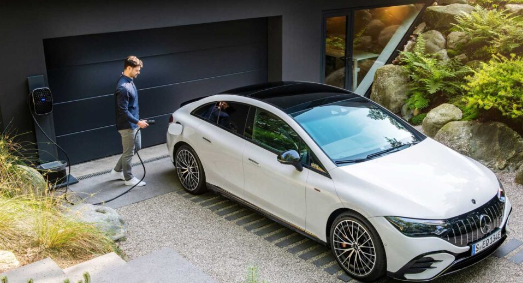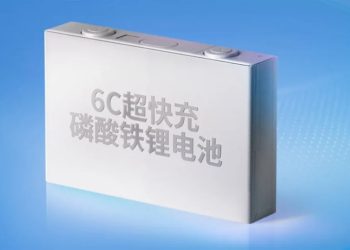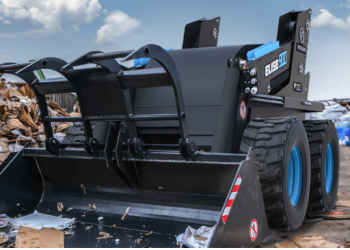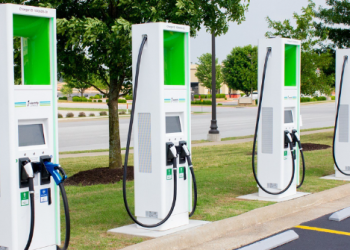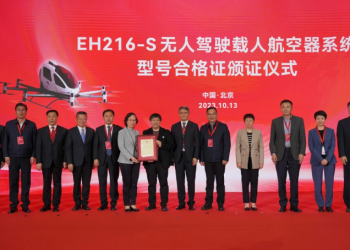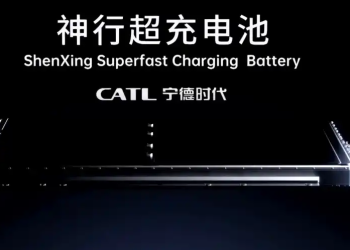German company ZF is working on a technology that will enable an all-electric braking system, eliminating any form of mechanical friction and channeling all energy back to the battery.
As detailed by ZF in a statement, its new system is based on the generation of braking force at each wheel, using four electric motors and dispensing with a hydraulic system based on a fluid, pads and discs.
The platform allows it to be combined with traditional friction systems in which the brake pads are pushed against the disc by a hydraulic pressure system to create the necessary tension for deceleration.

Read also: Jake Dennis Returns to the Steering Wheel after Crowned Formula E Champion
High-tech
ZF stresses that this braking system shows its benefits prominently in software-defined and electrically driven vehicles, since it offers new possibilities in terms of design and development.
As for its economic viability, the German company claims that its assembly and logistics costs are significantly lower due to the simplicity of a system that involves fewer components.
Holger Klein, CEO of the ZF Group , explained that the exclusively electrically controlled braking system represents a significant milestone in its portfolio of networked chassis systems. “With the implementation of these by-wire systems, we are ushering in a new era in vehicle control,” he explained.
ZF conducted tests of the system with a prototype mounted on a BYD Han. The manufacturer claims that, like the newly developed Integrated Brake Control (IBC), this new by-wire brake enables shorter braking distances, more efficient energy recovery during braking and lower maintenance costs compared to conventional braking systems.
In the event of an emergency stop at a speed of 100 km/h, this system can reduce the braking distance by up to nine meters compared to a hydraulic system. In addition, up to 17 percent more range can be achieved in electric vehicles thanks to more efficient energy recovery.
ZF explains this improvement by arguing that, in conventional braking systems, the brake pads maintain minimal contact with the disc while driving, generating what is known as residual drag torque.
This effect translates into lower maintenance costs since, in addition to reduced wear, the need to change brake fluid over the life of the vehicle is eliminated.



